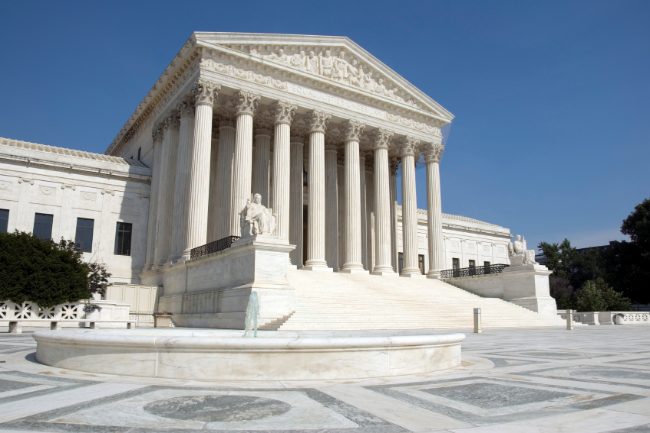
It looks like the Supreme Court will not take a look at the case pertaining to the legality of the National Security Agency’s surveillance program. At least, until it has gone through the appeals process in its entirety.
Back in December, U.S. District Court Judge Richard Leon sided with attorney and activist Larry Klayman, saying that the surveillance program, which involved collecting phone record metadata from citizens without their knowledge, violates the Constitution’s ban on unreasonable searches. More specifically, Leon ruled that the “bulk collection and querying of phone record metadata” likely violated the Fourth Amendment, though it “certainly does violate a reasonable expectation of privacy.”
The case’s plaintiffs, led by Klayman, then requested the Supreme Court to hear the case and make a final ruling rather than the case go through the U.S. Court of Appeals, where the gov’t can appeal the decision. Judge Leon did not believe that skipping the appeals court was warranted, and the Supreme Court decided as such.
According to the decision, Klayman and the other plaintiffs must go through the appeals court before requesting the Supreme Court to hear the case. Only then will the Supreme Court decide whether to hear it. The district court put an injunction against the NSA on hold pending a government appeal. Klayman said that the case is too important for the appeals court to wait on the district court for a decision.
The Obama administration and members of Congress plan to push legislation that would partially cripple the NSA’s bulk phone metadata collection program. The first bill is the End Bulk Collection Act of 2014.


